
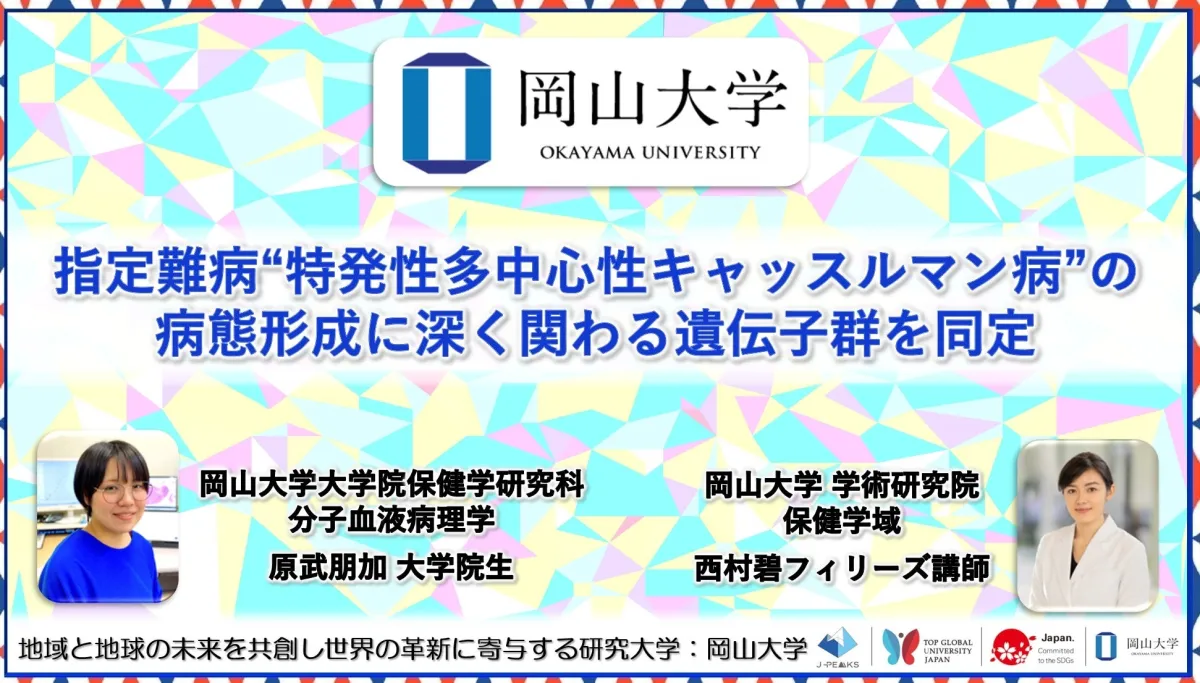
Okayama University Identifies Key Genes Linked to Rare Disease Immunopathology
Breakthrough in Rare Disease Research by Okayama University
On June 4, 2025, Okayama University announced a significant breakthrough in understanding a rare and often fatal lymphoproliferative disorder known as idiopathic multicentric Castleman disease (iMCD), particularly its severe variant, iMCD-TAFRO. This study has identified key gene pathways that may be involved in the disease's pathology, paving the way for potential new treatments.
Background on iMCD and iMCD-TAFRO
Idiopathic multicentric Castleman disease is characterized by the enlargement of lymph nodes and systemic symptoms such as fever. Its more severe subtype, iMCD-TAFRO, presents critical symptoms including thrombocytopenia, severe abdominal and pleural effusion, fever, bone marrow fibrosis, renal impairment, and enlargement of organs, sometimes leading to death. Until recent months, this disease lacked established diagnostic criteria and comprehensive understanding.
The research was conducted by a team led by graduate student Tomoka Haratake and Professor Yasuharu Sato from Okayama University’s Graduate School of Health Sciences. Their findings, published online on April 23 in the journal Modern Pathology, utilized a combination of pathological tissue findings and gene expression analysis to identify the PI3K-Akt signaling pathway as significantly involved in the disease’s etiology.
- ---
Implications of the Study
The identification of specific gene groups related to iMCD-TAFRO has the potential to enhance global research and collaborative efforts aimed at unraveling the mysteries of this complex condition. Researchers hope that raising awareness of these genetic findings will drive further investigations, leading to better understanding and treatment options for patients affected by this disease.
In the words of Tomoka Haratake, "iMCD is an exceptionally rare and poorly understood disease with much room for research. I hope that by sharing these identified gene pathways widely, we can accelerate research efforts and ultimately improve understanding of this condition."
Fellow investigator, Lecturer Midori Filiz Nishimura, added, "We hope the findings of our study will encourage further research, including the development of optimal treatment options, to bring hope to patients and families affected by iMCD-TAFRO."
- ---
Future Directions
The implications of this research are vast. By increasing recognition of the genome involved in iMCD-TAFRO, more in-depth studies can be initiated, potentially leading to novel therapeutic approaches that address the underlying causes of the disease rather than merely treating symptoms.
The research was supported by grants from the Japan Society for the Promotion of Science and the Japanese Medical Research and Development Agency, which underscores the importance of collaborative and funded research in the pursuit of medical advancements.
The significance of this study cannot be understated, as it not only contributes to the academic community's understanding of lymphoproliferative diseases but also holds promise for improving patient outcomes in a condition that has been largely enigmatic until now.
For further details, readers can access the published research here.
- ---
Conclusion
This discovery by Okayama University represents a vital step in developing new treatments and improving the quality of life for those affected by idiopathic multicentric Castleman disease. The dedicated efforts of researchers like Haratake, Nishimura, and Sato are essential in the continuous fight against rare and life-threatening diseases. As more light is shed on the genetic factors behind iMCD-TAFRO, hope grows for better diagnostics and therapeutic strategies in the future.
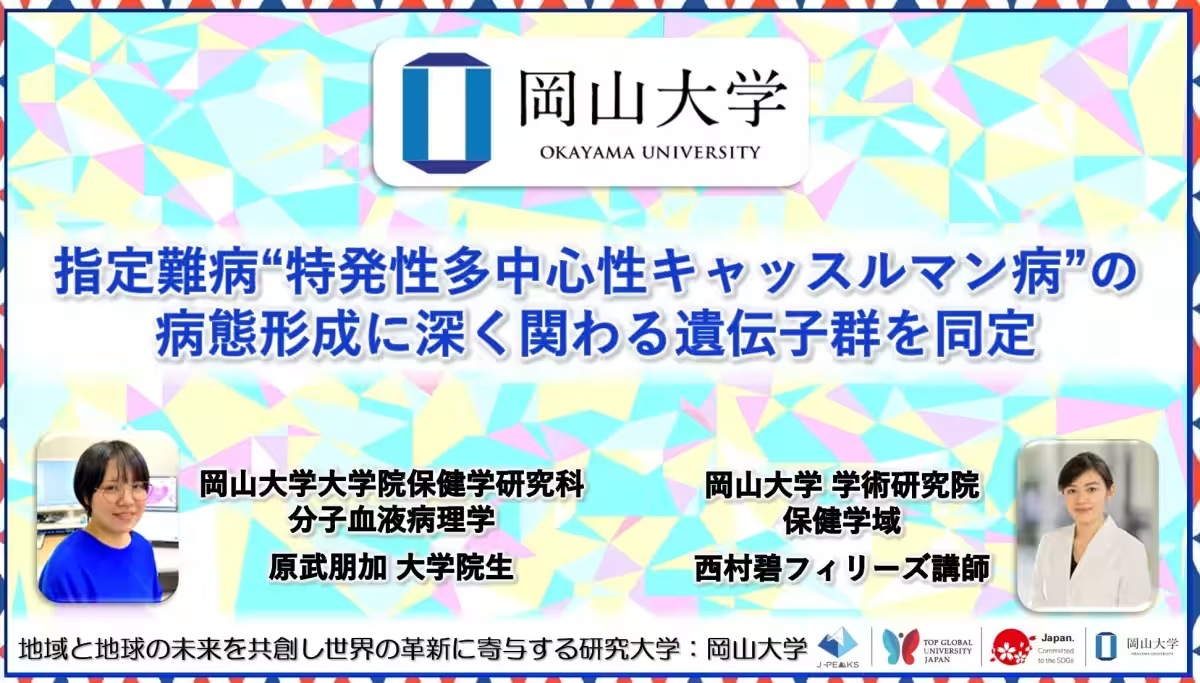
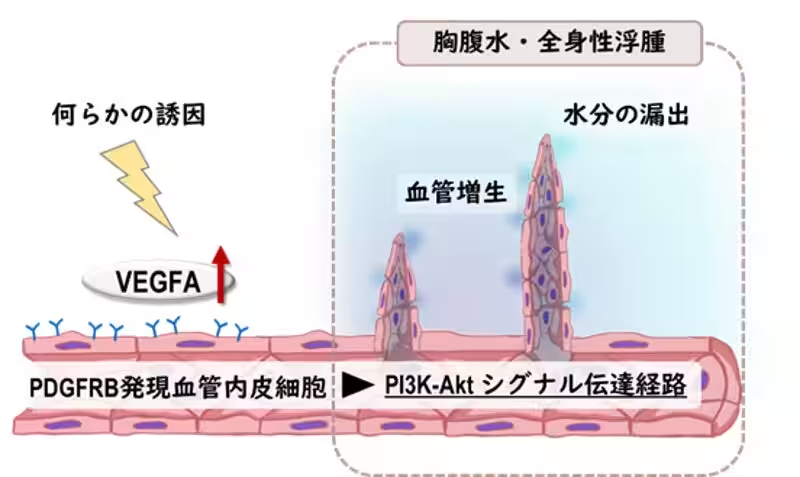





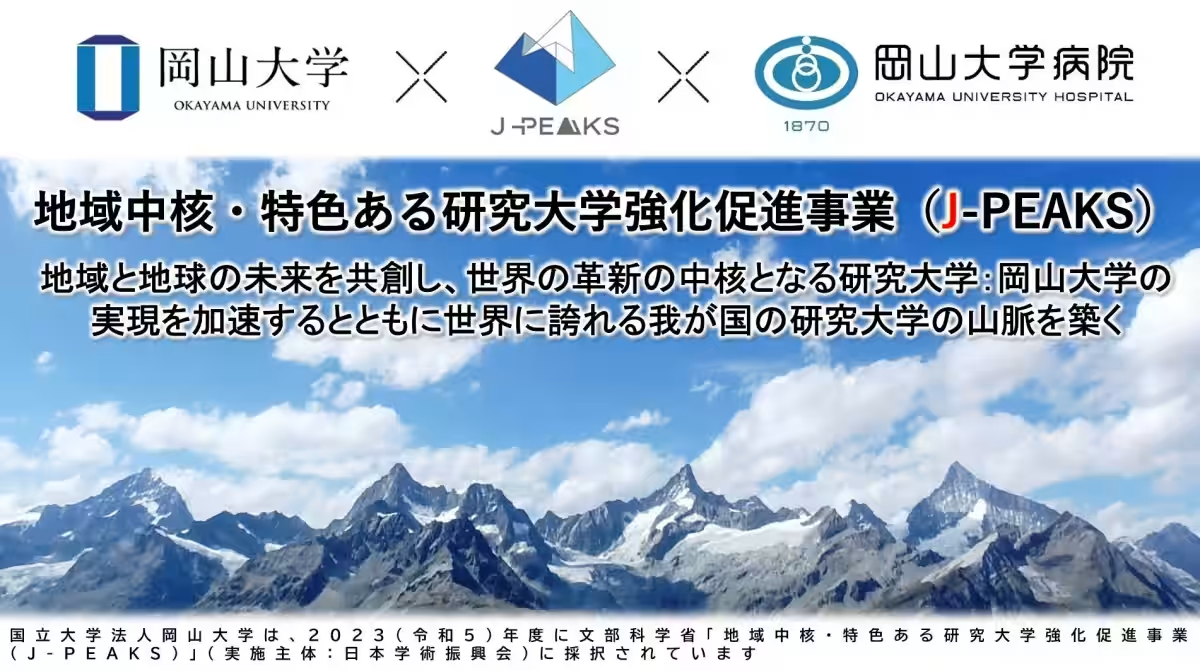
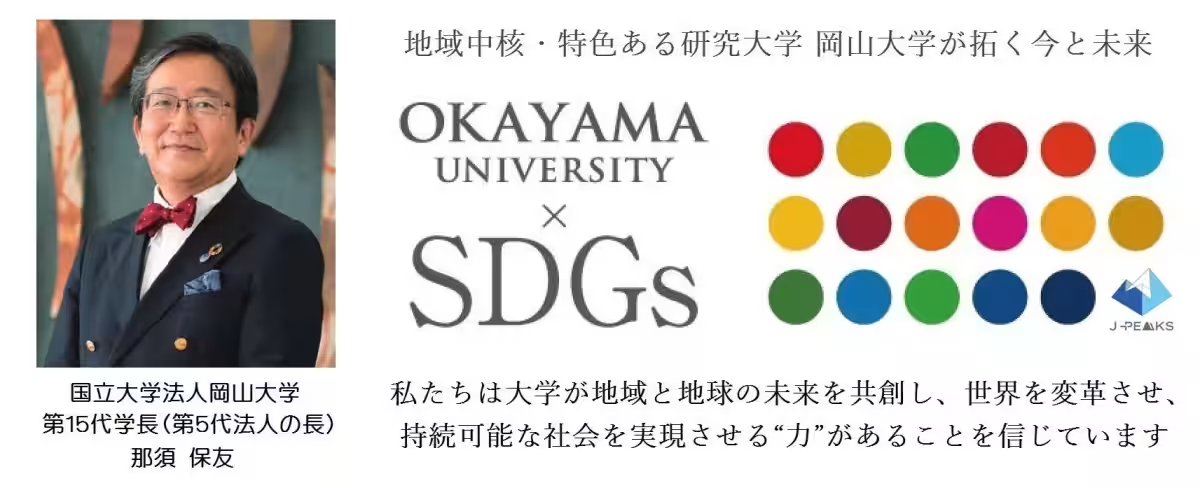
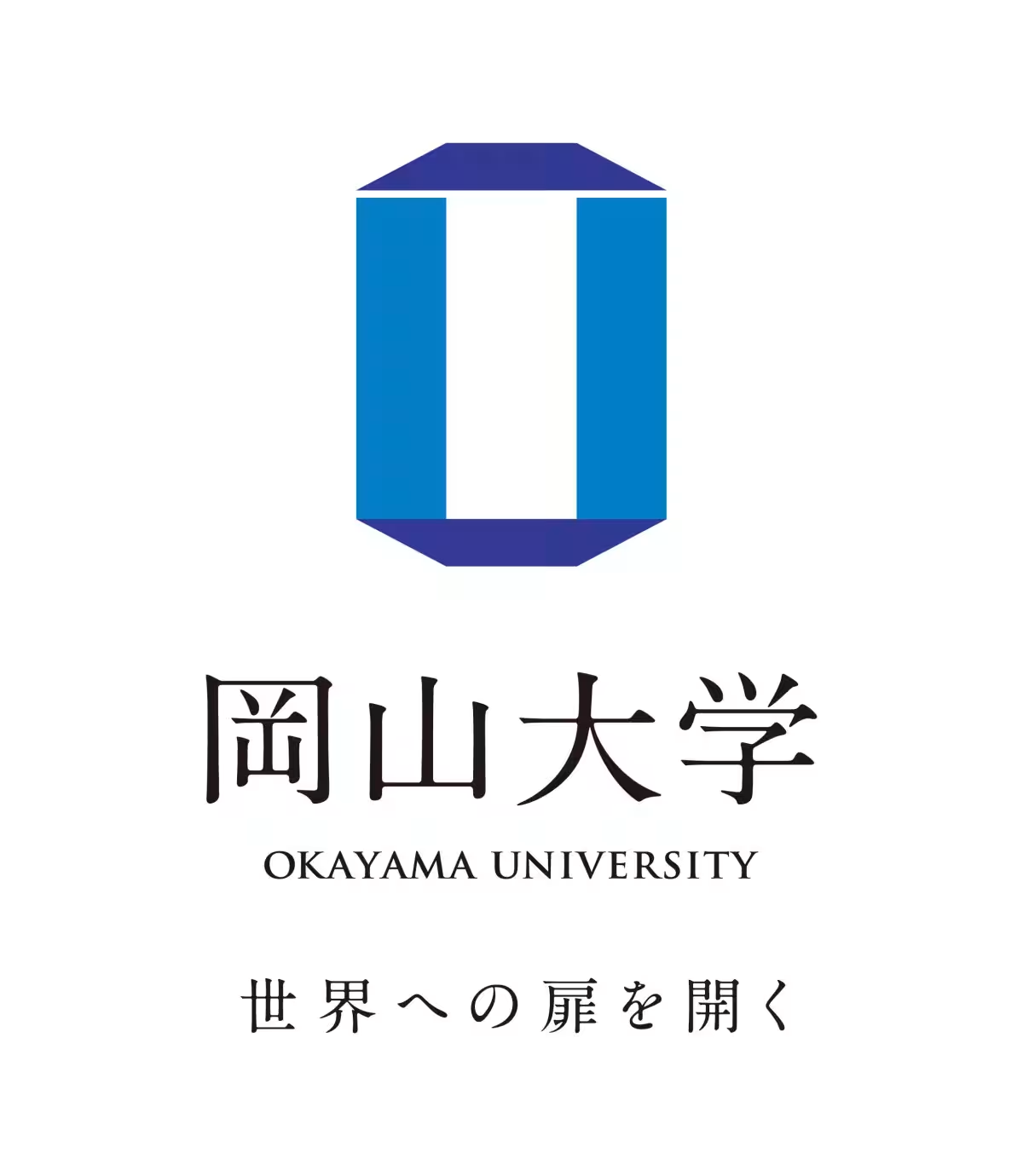
Topics Health)










【About Using Articles】
You can freely use the title and article content by linking to the page where the article is posted.
※ Images cannot be used.
【About Links】
Links are free to use.